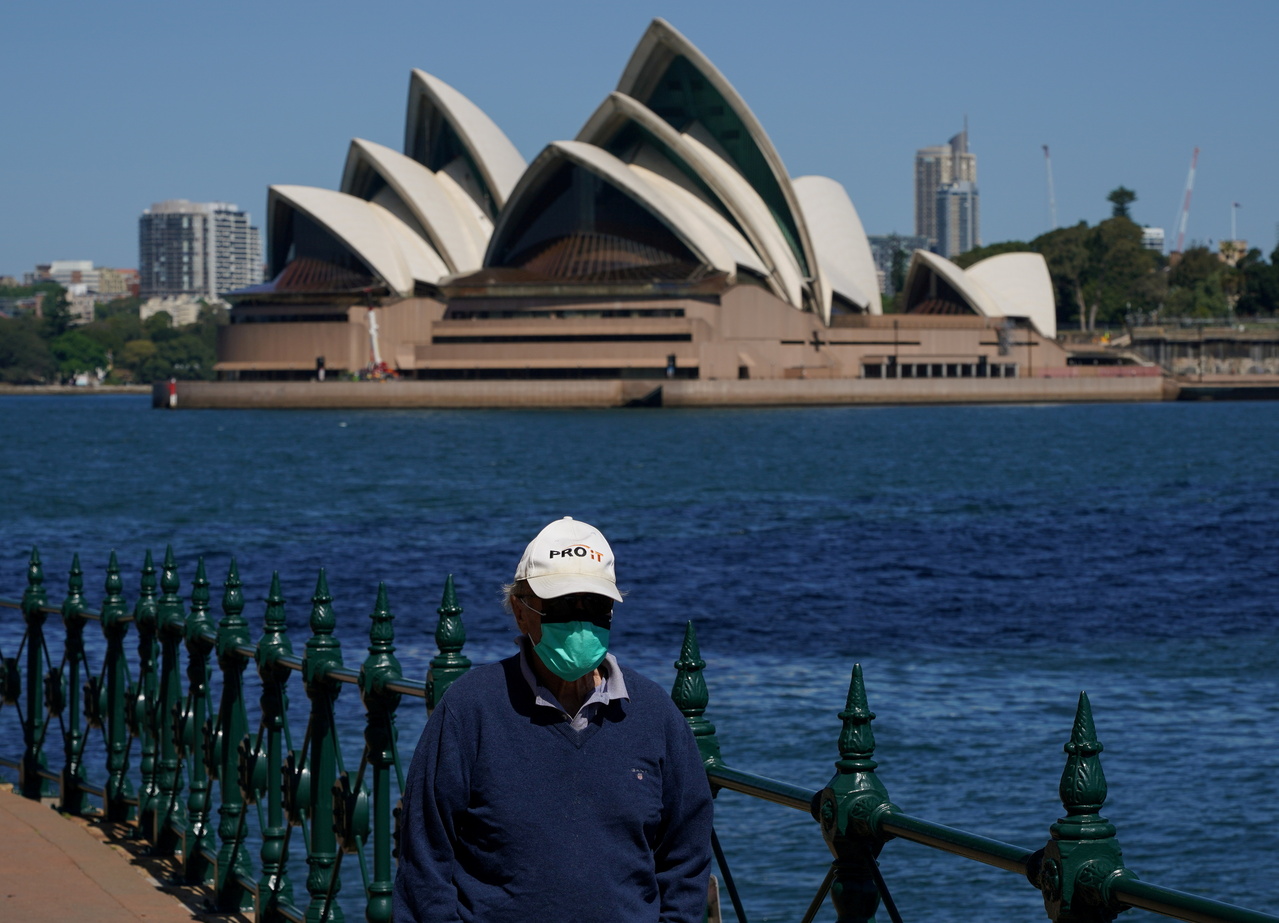Australia struggles against vaccine fatigue as it battles flu outbreak
Sign up now: Get insights on Asia's fast-moving developments

As of June, 9.2 million Australians - about 36 per cent of the population - had received flu vaccines.
PHOTO: REUTERS
SYDNEY - Australia is battling its first serious influenza outbreak since the start of the Covid-19 pandemic, leaving the authorities struggling to persuade a vaccine-weary public to get flu shots.
Official data showed there were 65,770 flu cases in May - more than double the month's previous record set during a severe outbreak in 2019. But the numbers have been rapidly increasing.
According to the federal government's influenza surveillance system, there were 147,155 cases of flu recorded from Jan 1 to June 19 this year. Of these, 55,101 or more than one third occurred from June 5. There have been 54 flu-related deaths.
The outbreak marks a sharp turnaround from the past two years, when lockdowns, border closures and social distancing measures that were imposed due to Covid-19 helped to limit the spread of influenza.
In the entire year of 2021, just 598 flu cases were reported.
But Australia is now a mask-free, open-border, post-lockdown nation.
As a result, both Covid-19 and influenza can spread freely, especially as the past two years of largely flu-free living has meant that immunity is low.
There are believed to be 600,000 children under the age of two in Australia who have never been exposed to the flu.
The authorities have been pushing people to get vaccinated amid concerns that there may be public fatigue with vaccines after the Covid-19 vaccine roll-out.
In Australia, 95 per cent of people aged 12 and above have had two Covid-19 vaccine shots and 62 per cent have had booster doses.
As at June, 9.2 million Australians - about 36 per cent of the population - had received flu vaccinations. But health experts say this rate is still far too low to prevent a surge in cases.
In the largest state of New South Wales (NSW), chief health officer Kerry Chant last week appealed to people to get flu shots, saying the outbreak was expected to surge throughout the current winter and into spring.
"Only about one in three people in NSW have received their flu vaccine this year," she said in a statement. "We really need to see that number go up, especially among vulnerable groups such as young children and older people who are most at risk of severe illness."
In NSW, more than 1,300 flu patients have been admitted to hospital. The highest rates of cases were among those aged zero to 19 years old.
Associate Professor Nicholas Wood, a paediatrician and the associate director at the National Centre for Immunisation Research and Surveillance, told ABC News recently that "vaccine fatigue" may be resulting in some people delaying or avoiding having flu vaccines.
He said young children have had minimal exposure to the flu and were "effectively immune naive".
In some states, governments are providing free flu vaccines to encourage people to get shots. In NSW, vaccines are being offered free at medical practices and pharmacies until Thursday (June 30).
The federal government last week launched an A$11 million (S$10.6 million) six-week advertising campaign to encourage people to get flu and Covid-19 vaccinations. The advertisements assure people that "it's safe to get both vaccines at the same time".
Federal Health Minister Mark Butler said the winter flu and Covid-19 outbreaks were placing pressure on the healthcare system.
"We are seeing increased numbers of people seeking treatment for respiratory illness from health professionals and hospitals," he said in a statement.
Australia has recorded an average 28,295 Covid-19 daily cases in the past week, down from a recent peak of more than 50,000 daily cases in May. There are 3,118 patients in hospital, a number that has been increasing in the past three weeks.
Dr Jonathan Anderson, a medical expert from Seqirus, one of the world's largest influenza vaccine companies, said other countries were likely to consider Australia's response as they prepare for their own dual outbreaks.
"We are one of the first countries to face Covid-19 and a simultaneous flu season that is similar to pre-Covid-19 levels," he told a recent forum run by BioMelbourne Network.
"It's clear that the rest of the world will be watching our flu season closely and learning from our successes or failures."


